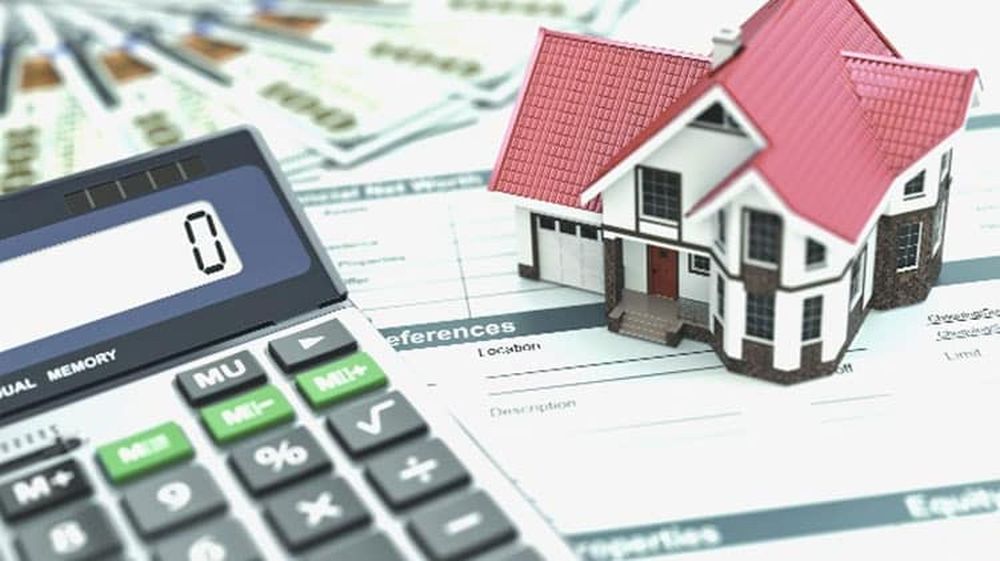The marked improvement in the security situation has spiraled up the property prices up to 130 percent in the metropolis of the country during the past five years, a report published by State Bank of Pakistan (SBP) said.
The high demand of local real estate was witnessed from multiple sections of customers and investors. Other than overseas Pakistanis, industrialists and businessmen made huge investments in the sector. Unfortunately, the booming prices caused a gradual decline in the purchasing power of the genuine buyers and their share in the housing sector.
“The buoyancy was particularly noticeable during the past 5 years, when a noticeable improvement in the law and order situation of the country (following the decisive military operations) had played a key role in improving the overall business confidence,” said a report.
Source: SBP Report
Real Estate Offers Windfall Profits To Investors
Consider this as an example that if someone had invested Rs 1 million in a plot in Karachi at the end of 2013, it would have attained a market valuation of around Rs 2.3 million in 2018 – a considerable capital gain of 129 percent in just 5 years.
Such huge capital gains, along with a steady increase in rentals and a subdued tax liability, made the real estate sector the most sought-after avenue for high net worth individuals/firms. This was despite the investment appetite in other productive sectors remaining strong as the economy struggled within the low growth-high-inflation equilibrium. More importantly, while the development in this sector is much welcome, anecdotal evidence suggests that a sizable amount of activity took place in sale and purchase of plots without a corresponding activity in the real estate development.
Savers enjoyed comparable returns only in equity funds; however, this avenue has not been successful in attracting capital inflows due to the risk-averse behavior among savers and a general lack of awareness about the platform. In addition, capital gains under equity funds are subject to a 15 percent non-evadable tax.
Earnings from other alternate avenues have remained quite subdued, such as 51.8 percent in case of regular income certificate; 41.6 percent in case of term deposits; and 7.7 percent in case of gold. Certainly, returns may vary depending upon the global and domestic economic environment, but the fact remains that a strong incentive structure has persisted in the country that favored property investments over others. The outcome of such gains was natural; the demand for formal savings instruments remained low, which effectively hindered the overall growth of financial institutions and the availability of loanable funds for private businesses.
Industrialists Groups, Businessmen Make Huge Investments
Anecdotal evidence suggests that some of the large industrial groups have preferred to invest their retained earnings in the real estate – both residential as well commercial (shopping malls and restaurants), instead of expanding their industrial base.
This trend made sense also because of a steady rise in production costs (especially utilities) and overall weaknesses in the ease of doing business in the country during these years. Other than consumer industries, such as food (FMCGs) and automobiles, profitability in most industrial sectors remained subdued compared to returns in the property market.
Earnings of the export sector (mainly textiles) were particularly suppressed, as the margins were constrained due to stiff competition with other countries; this is probably one of the reasons why big export houses have been diversifying in other inward looking businesses.
Genuine Buyers Suffer From High Property Prices
Another fall out of growing housing demand and booming prices was a gradual decline in the purchasing power of genuine buyers. Making things worse, financing limitations and a high cost of borrowing could not empower the lower-to-middle-income segments of the society to afford a house.
Nearly all of the urban housing shortage lies in the low-income segment of society. This situation basically represents the failure of the formal financial sector in Pakistan in providing adequate and affordable housing finance products to a large segment of the population that could help cater their housing needs.


























in my home town property price increased 1000% in 4 years ;)
CAN YOU SHARE REASON WHY?
WHICH PART OF KARACHI HAS INCREASED SO MUCH ?
IS IT RESIDENTIAL OR COMMERCIAL?
Simple : Before 2 Years I Saw A House (80SQYDS) At Chishti Nagar Sector 11/30 (Great Normal Area)
Demand Around 8 Lac (Hum Ne Proposal Diya Unho Ne Accept Kiya & Advance Nahi Liya Kaha 4 Month De Denge)
After 4 Month (Sorry Price Need 20 Lac instead of 8 ) Otherwise Deal Cancle.
It’s Fault By Richie Riches Person Who Offered LandLoard Party For Handsome Amount.
pfft. hamare larkane main 1 million ki property 5 saal pehle wali ab 3 million main bhi nahi mil rahi……. ye to peanuts hain in comparison… Whattttta cheap metropolis.. :P
pfft. hamare larkane main 1 million ki property 5 saal pehle wali ab 3 million main bhi nahi mil rahi……. ye to peanuts hain in comparison… teehheeeeeeeee
Assalam aliakum dosto koi a say area batao jaha sub say kam kimat me plot mell rahay hoo
Facing huge difficulty to purchase property specially in karachi. major reasons are as below.
1. High prices.
2. Charging Extra other than govt charges. e.g transfer ( If govt charges is 8k. but agent demands 35k b/c govt officials delay the process)
3. Delay in process.
4. no online system to verify.
5. non supporting staff.
6. many people have multiple geniune files. All they have issued by govt officials.
7. Delayed in govt pocession. e.g Taiser town ( need to completed till 2010 ), howksbay ( need to completed till 2012 ) schemes, MDA schemes.
8. officials in Govt land departments are now millionors, b/c they are all estate Agents. Waoo.